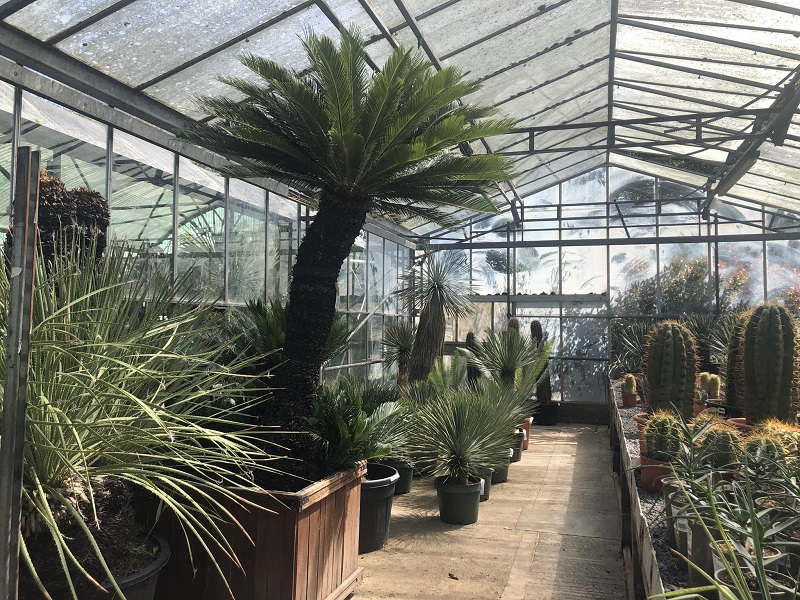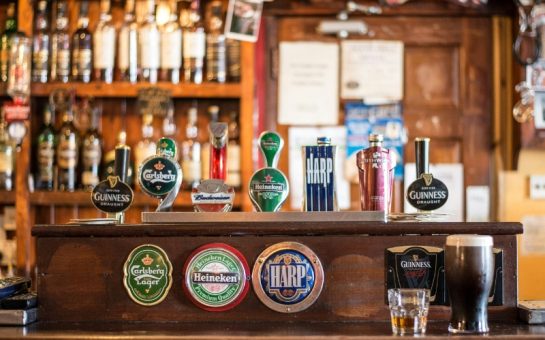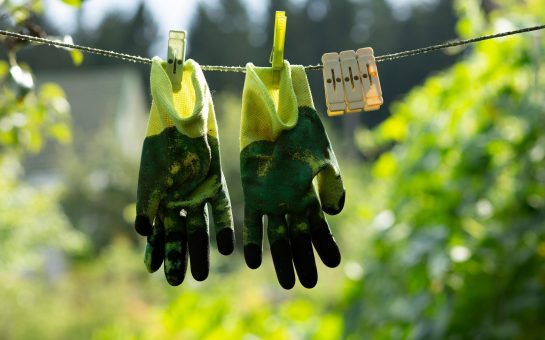Increased costs related to Brexit on biological produce has inflated prices for imported garden plants.
Since August last year, the government has been finalising new processes regarding imports of phytosanitary products from the EU to the UK, with the latest changes implemented on 30 April.
These changes, intended to safeguard UK biosecurity, see medium-risk products now receiving documentary, physical, and identity checks, and then digitised health certificates, in addition to those classified as high-risk.
Emma Gibbons, stock manager at Richmond’s The Palm Centre, said: “We pay for the inspections in the UK, we totally understand the biosecurity issues and that’s fine.
“But there is extra cost with most suppliers adding on £180 per consignment or €200.”
Gibbons explained Places of Destinations, such as The Palm Centre, would usually phone suppliers for delivery and bring in consignments as needed.
But as of 30 April, phytosanitary tests are carried out by inspectors on site, which involves very complicated and time-consuming paperwork.
This is part of a government pilot to test whether businesses can carry out checks away from the border.
Gibbons said: “It’s been the foreign hauliers who have got in touch to check the paperwork, they are telling us how to fill in our government forms.
It’s that important for them that we get it right, it’s been very helpful.”
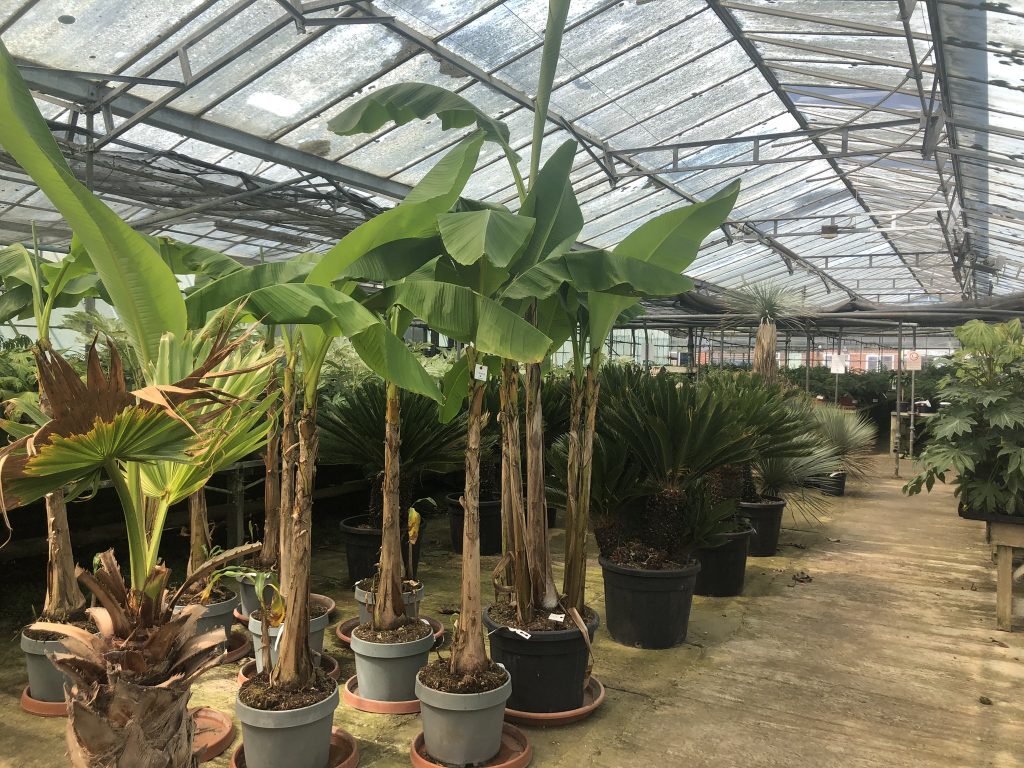
The Palm Centre has brought in two deliveries from the EU since 30th April, one with an import VAT of almost £400, for which they are seeking clarification.
According to Gibbons it is too early to determine how the BTOM’s most recent revision will affect the Centre’s business.
Gibbons said: “If we bring in three Danish trolleys of plants from the EU, each plant will cost more than if we bring in six.
“So we are looking to place orders in nothing less than three or four to make it worthwhile and to keep the consumer prices down.”
The types of plants ordered in consignments are irrelevant, whether they are lavenders or large palm trees, which means the designs of consumers’ gardens need not be affected.
Brexit may not be the only explanation for this increase.
Since 2021, the steady rise in consumer prices may also be affiliated with the UK’s rising cost of living which is likely, according to Gibbons, the only factor with which the public may associate the rise.
For example, a plant that cost around £5.95 before 2021 now costs around £8.95.
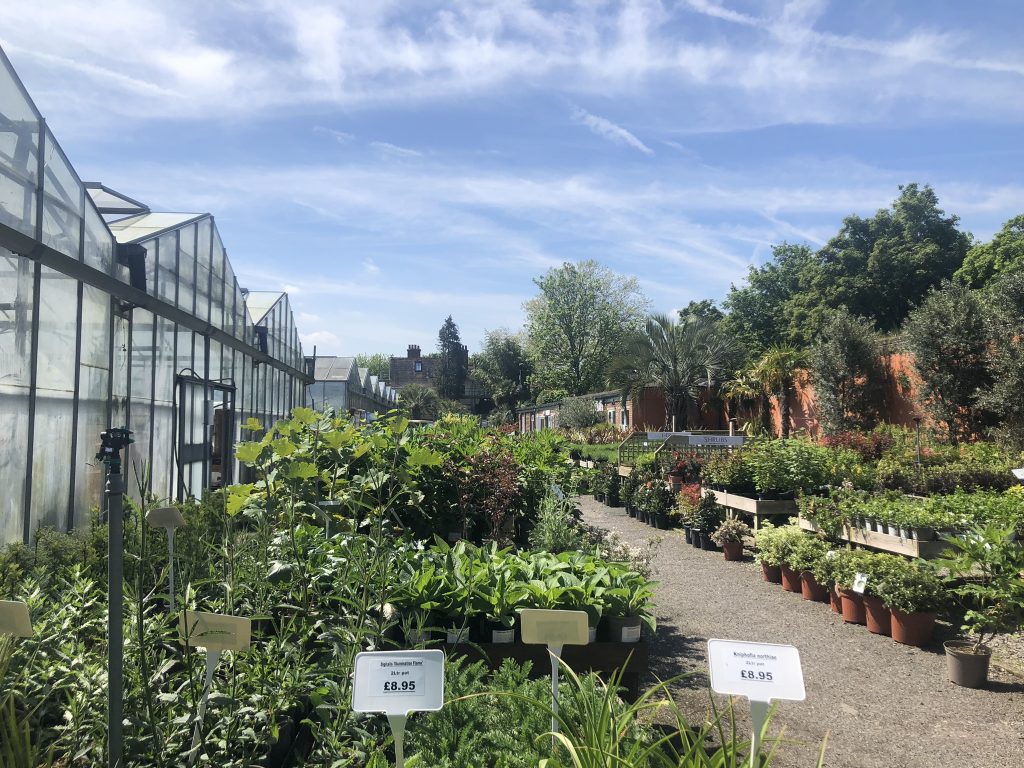
Gibbons said: “Probably not enough people know about the effects of these trade checks.
“There was some talk in the press, but that was mostly in relation to food, and not so much for ornamental plants.”
At the end of last month, CILT UK and the government reported that these checks will save traders around £520 million annually, while keeping food price inflation at 0.2% over the next three years for consumers.
The BBC also reported that Exports Minister Lord Garvel said: “I know there’s been frustration expressed on all sides of the equation, but the objective has been to try and minimise cost and disruption.”
More information about prohibited plant produce and exemptions can be found here.
Featured Image- Various palms and cacti at The Palm Centre, Richmond.
Credit for all images: Ina Pace.
